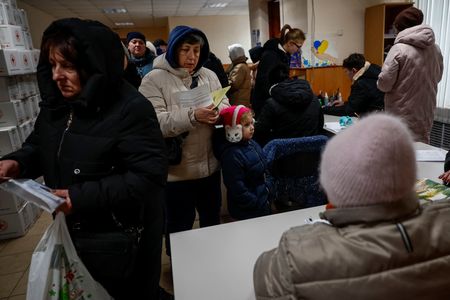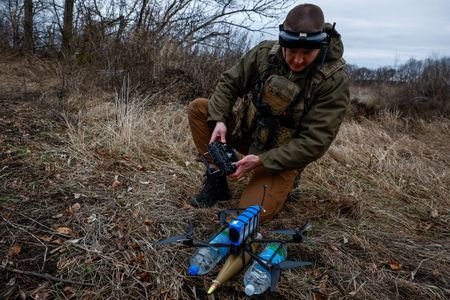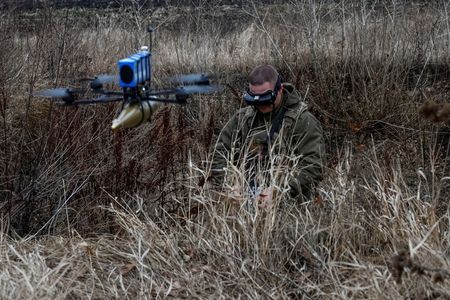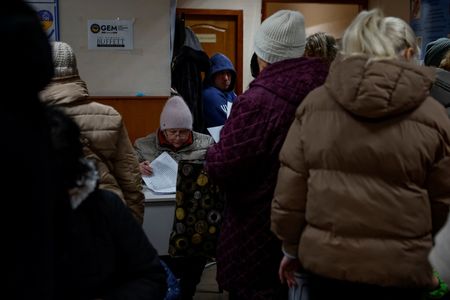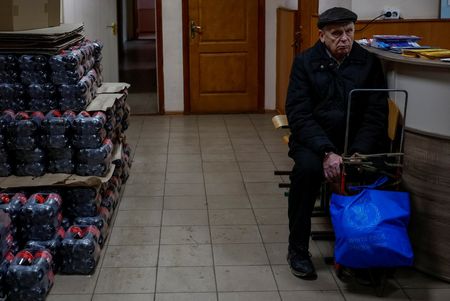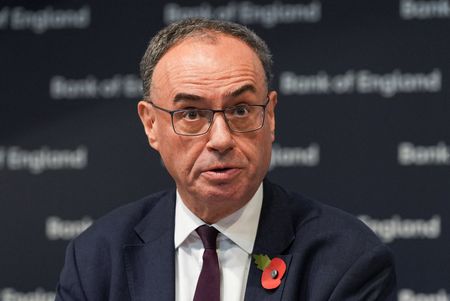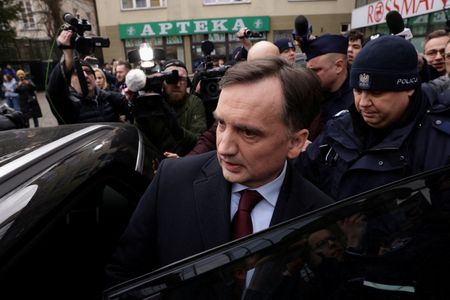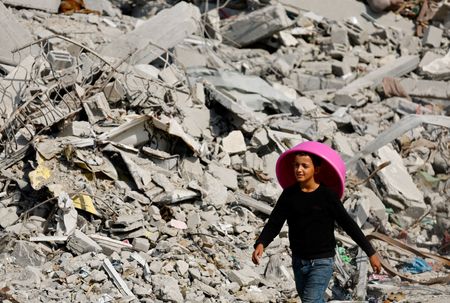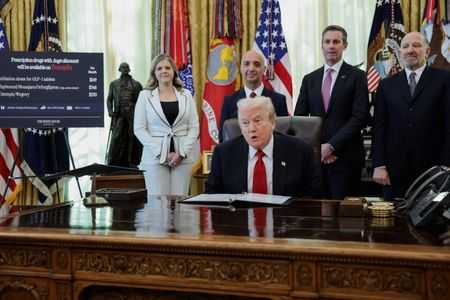By Vitalii Hnidyi and Yurii Kovalenko
KHARKIV REGION/KYIV, Ukraine (Reuters) – As Donald Trump’s second term as U.S. president dawns, Ukrainian soldiers and civilians see a hard road ahead in their war with Russia, and many have come to hope for a ceasefire without expelling Russian forces.
Trump’s aides have conceded that a deal to end the war could take months or longer, although the president-elect boasted on the campaign trail that he would quickly reach a settlement to stop the fighting triggered by Russia’s 2022 invasion.
Some Ukrainians fear they could be forced to make massive concessions after three years of brutal combat along a 1,000-km (600-mile) front line.
While Kyiv has sustained heavy casualties and months of Russian advances, it is unclear whether Trump will maintain his predecessor’s supply of U.S. weaponry.
“There is a really big deficit of people. There are many demoralising factors in the news,” said a strike drone pilot from Ukraine’s 113th Territorial Defence Brigade, who asked to be identified by his battlefield callsign “Hell”.
The soldier said it was difficult for him to comment on Trump, but that he hoped for more supplies of Western fighter planes to reduce the stream of Russian air-dropped guided bombs.
Hell’s unit flies drones into the town of Vovchansk, which was occupied by Russia for months in 2022 before being liberated, then again becoming a battleground in 2024.
“The town’s practically destroyed, there’s not much left, just the ruins of a factory,” said a 21-year-old soldier with the callsign “Vietnam”.
UKRAINIAN MORALE GROUND DOWN BY YEARS OF ASSAULTS
Once a scene of barely-expected triumph but now slowly ground to dust, Vovchansk mirrors the erosion of spirits across Ukraine.
Hell said that when his morale flagged, he tried to remember an uncle and nephew pair in his unit who joined up after surviving Russian occupation.
“Yes it’s difficult, sometimes it might be hard to understand – but the people who lived through those horrors are far more motivated, because they don’t question what they’re doing here.”
Soldiers interviewed in Kharkiv region last week said Russia appeared able to sustain high casualties from repeated waves of infantry-led assaults, while the Ukrainian side was simply short of men.
In Ukraine’s cities, the mood on Monday ahead of Trump’s inauguration was grim.
“I think he could help [end the war] but it won’t be quick and it won’t necessarily be in our favour,” said Anton Dubchak, a 23-year-old student in Kyiv’s central Maidan square.
“At the front line, everything is terrible, that’s all.”
In the battered second city of Kharkiv, a pensioner in the Saltivka district, where many buildings bear the scars of Russian bombardment, was desperate for Trump to facilitate peace.
“It just can’t go on like this,” Siria Shapovalova said. “Saltivka is almost destroyed.”
Elsewhere in the city, less than 30 km (20 miles) from the front, 23-year-old civil servant Oleksandra Frolova said Ukraine could not rely on anyone else to end the war.
“The new president won’t stop the war, no matter what he promises – 24 hours, 30, 60, 90 days,” she said. “I think only we can change anything.”
(Reporting by Vitalii Hnidyi in Kharkiv region and Yurii Kovalenko in Kyiv; writing by Max Hunder; Editing by Kevin Liffey)

